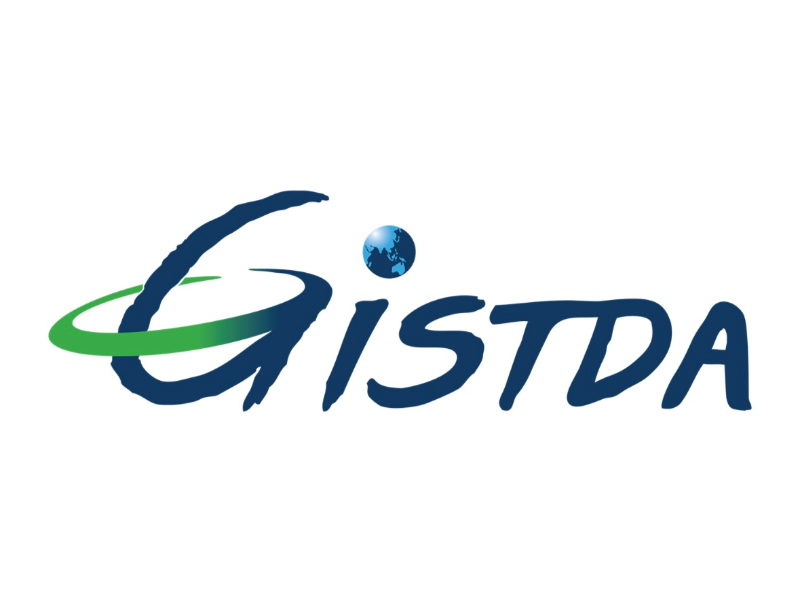- Thailand’s primary space agency, managing satellite data and geospatial analysis for national development.
- Supports disaster management, agriculture, and urban planning through open-access Earth observation platforms.
Bridging space technology and societal needs
Established in 2000 under Thailand’s Ministry of Higher Education, Science, Research, and Innovation, the Geo-Informatics and Space Technology Development Agency (GISTDA) serves as the country’s hub for satellite data acquisition, processing, and dissemination. The agency operates the THEOS series of Earth observation satellites, which provide high-resolution imagery for environmental monitoring, resource management, and climate resilience. By collaborating with government bodies, academia, and international organisations like the Asia-Pacific Regional Space Agency Forum (APRSAF), GISTDA ensures its geospatial solutions address pressing challenges such as flood prediction, crop yield optimisation, and urban sprawl mitigation. Its open-data platform, Thai Space Consortium, enables researchers and policymakers to access real-time satellite insights, fostering evidence-based decision-making across sectors.
GISTDA’s technological infrastructure integrates satellite data with ground-based sensors and AI-driven analytics to deliver actionable intelligence. For instance, during the 2021 monsoon season, its flood modelling systems enabled timely evacuations in Bangkok, reducing economic losses. The agency also supports Thailand’s agricultural sector through soil moisture mapping and drought forecasting, aiding farmers in irrigation planning. Internationally, GISTDA participates in initiatives such as the Group on Earth Observations (GEO), sharing expertise with ASEAN neighbours to address transboundary issues like deforestation and coastal erosion.
Also read: International Gateway: Driving Thailand’s digital advancement
Also read: Loxley Wireless and China Telecom sign MoU to partner with Thailand’s TOT
Sustainability and global collaboration
GISTDA is prioritising the expansion of its satellite constellation, with plans to launch THEOS-3 by 2026. This next-generation satellite will enhance spectral resolution for improved climate change tracking, particularly in mangrove conservation and carbon capture projects. The agency is also developing a regional data-sharing framework to bolster ASEAN’s capacity in addressing air pollution and maritime security.
Emphasising inclusivity, GISTDA’s training programmes equip local communities with geospatial tools for land-use planning and disaster preparedness. Partnerships with universities aim to nurture STEM talent, ensuring Thailand remains competitive in space technology. By aligning its objectives with the UN Sustainable Development Goals, GISTDA underscores its commitment to leveraging geospatial innovation for equitable, long-term progress.

